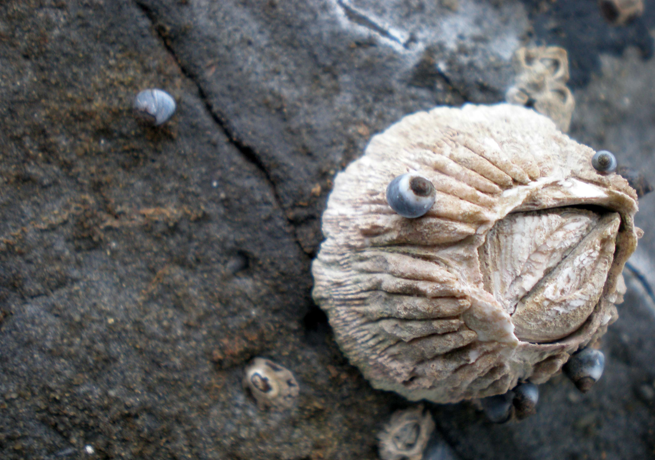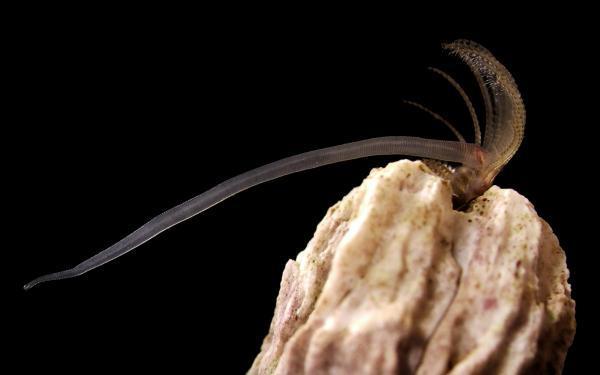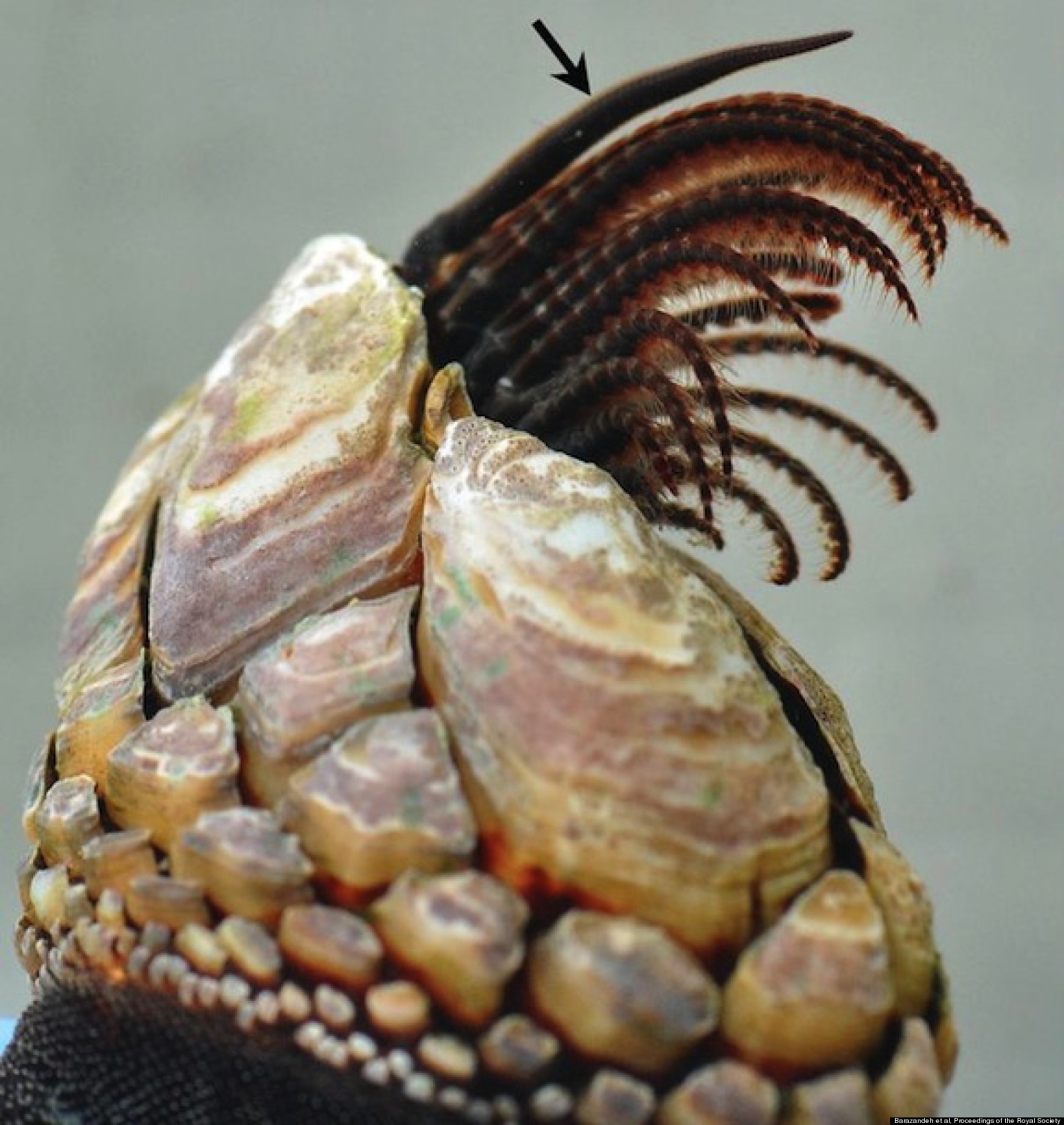54 Outrageous Facts About The Sex Lives Of s More penis spines than you can shake a stick at.
Left: Whale barnacle found (in two pieces) soon after falling off a whale, showing black skin embedded in barnacle (60 mm). Right: Barnacle found months after falling off of whale, picked clean by marine organisms.
The penis of a barnacle may reach up to eight to nine times its body size.



Guys have been overly concerned with penis size since the dawn of civilization. While we know what “big” means among the human race, even Ron Jeremy’s famous wang is dwarfed in comparison to some members. While it’s obvious that big s have big penises, you’d be surprised about

A penis (plural penises or penes /-n iː z /) is the primary sexual organ that male s use to inseminate sexually receptive mates (usually females and hermaphrodites) during copulation. Such organs occur in many s, both vertebrate and invertebrate, but males do not bear a penis in every species, and in those species in which the male does bear a so-called penis…


Barnacle defined and explained with descriptions. Barnacle is a small crustacean that attaches itself to marine objects such as rocks, and boats.

HEY! CLICK HERE for Physiology, Anatomy & 6 SHOCKING Facts About Male Penis! Fact Number 3 Is **REALLY** Wicked! Click Here to Read More Now!
A barnacle is a type of arthropod constituting the infraclass Cirripedia in the subphylum Crustacea, and is hence related to crabs and lobsters.Barnacles are exclusively marine, and tend to live in shallow and tidal waters, typically in erosive settings. They are sessile (nonmotile) suspension feeders, and have two nektonic (active swimming) larval stages.

Enjoy this video that we think is NSFW (it’s elephant penis, maybe it depends on where you work?). Uh, yeah, it kind of turns horrifying toward the end, with his dick twirling around like a tentacle, trying to find the sweet spot on his elephant lover.


Barnacles: Barnacles are most unusual s. They are arthropods, in the same major group as insects and spiders, and are most closely related to decapod crabs, prawns, lobsters and yabbies.. Unlike most of their relations, barnacles are usually fixed to a rocky surface.